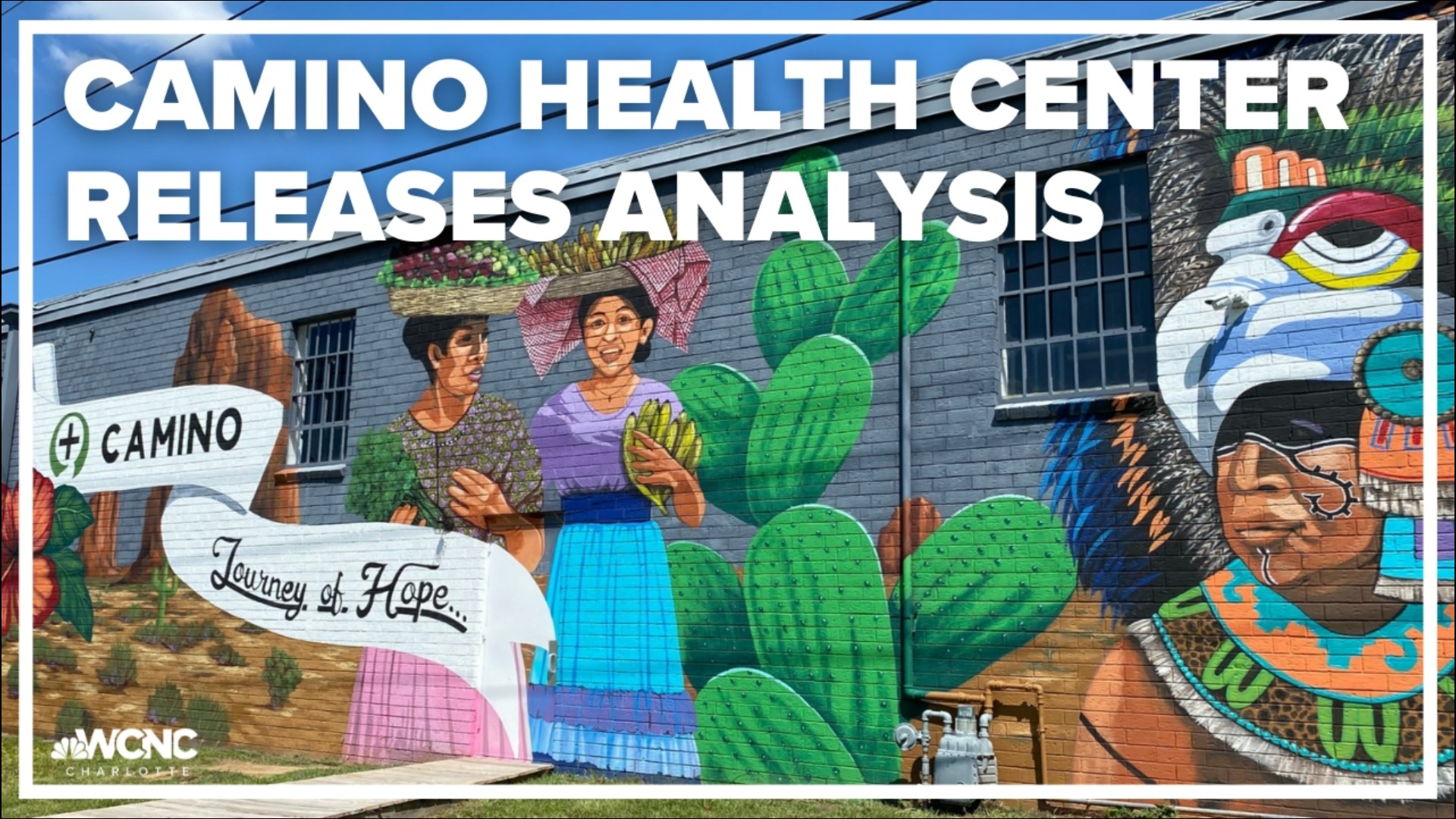CHARLOTTE, N.C. — At the latest check, there are 170,000 Latinos living in Mecklenburg County, a figure that has more than doubled over the last 10 years. Camino Health Center has spent the last several months studying Charlotte's Latino community, noting that it's been closer to 20 years since anyone formally assessed its needs.
Thursday, Camino released the findings of its studies in the "2022 Latino Strengths and Needs Report," the culmination of surveys of nearly 500 Latinos in Mecklenburg County from Sept. 2021 to May 2022.
The group also conducted focus groups to garner more detailed responses. The goal, as the report's name suggests, was to determine how the Latino community has changed, as well as its strengths and needs.
One of the insights the report found was the Latino community's strength in work ethic and entrepreneurship.
In fact, as the report noted Latina-owned businesses are one of the fastest growing business segments in the U.S., and Latinos participate at higher rates in the labor force than non-Latinos, with Latino men having the highest participation rates of all.
In Mecklenburg County, the top job sectors for Latinos were cleaning and food service at 30%, skilled labor at 16%, and education at 7%.
However, the report found employment opportunities were one of the larger needs for Charlotte-area Latinos. The report says some Latinos held advanced degrees in their countries of origin but had trouble re-credentialing after moving to the U.S.
The impacts of that can be seen in the professional career rates.
The report shows that 79% held professional positions like teacher, health care provider, and engineer in their countries of origin, but only 54% maintained those professional careers after moving to the U.S.
The report noted this can often lead to lower-paying jobs without health insurance, which then leads to other barriers to health care and mental health access.
Contact Vanessa Ruffes at vruffes@wcnc.com and follow her on Facebook, Twitter and Instagram.

